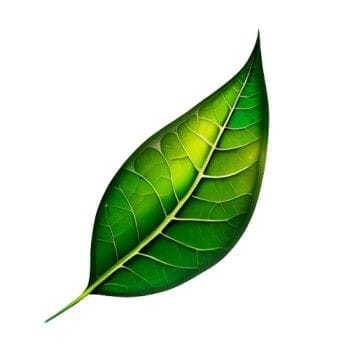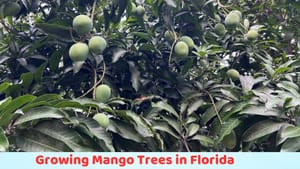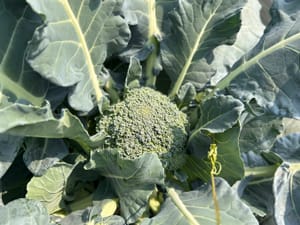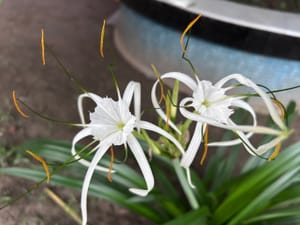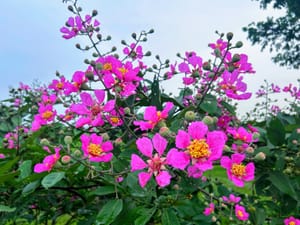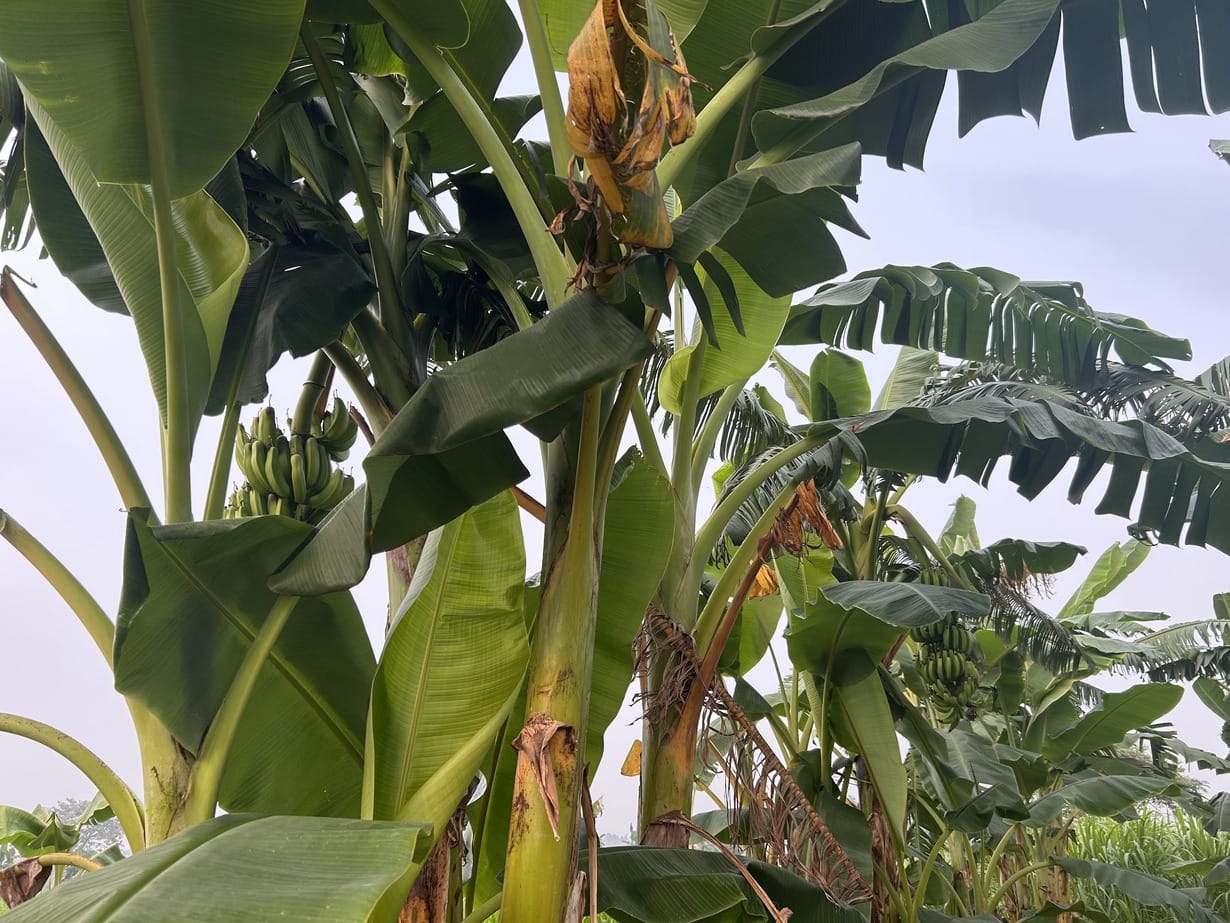
Subtropical and tropical climates are the best for growing bananas. This is why you can grow bananas in Florida. After cultivating banana trees for a long time, I felt that this is the time to guide you in growing bananas. I spent years gathering information on ideal growing conditions, common pests, and diseases.
There are a lot of banana varieties that you can't even imagine. The growing and caring methods are almost the same for each banana variety.
Banana varieties that we can grow in Florida
Let's introduce you to the major banana varieties first.
| Variety | Growing Zones | Max Height | Harvesting Time | Maintenance Difficulty |
|---|---|---|---|---|
| Dwarf Cavendish | 9-11 | 6-8 ft | 10-12 months | Moderate |
| Rajapuri | 8-10 | 8-10 ft | 10-12 months | Easy |
| Blue Java (Ice Cream) | 9-11 | 10-12 ft | 15-24 months | Moderate |
| Orinoco | 8-11 | 12-15 ft | 12-15 months | Moderate |
| Manzano (Apple Banana) | 9-11 | 10-12 ft | 15-18 months | Moderate |
| Lady Finger | 9-11 | 10-12 ft | 12-15 months | Moderate |
Don't go with the name of Dwarf Cavendish, this banana tree is dwarf but the bananas are mid-sized. This is the banana that we usually get in the grocery stores.
Orinoco and Rajapuri variants can be grown in cooler regions of Florida.
I often heard people saying "Banana trees are not doing well in Northern Florida". My response to them: Are you choosing the right variety for your region? Yes, you heard it right, you need to go with the variant that is suitable for your region.
Lady Finger banana tastes mildly sweet and the rest of the varieties I mentioned are rich sweet.
If you are not sure from which zone you are you can check: Florida Growing Zone Map
Once you choose the right variant, the next step is planting.
When you see news on the upcoming Hurricanes, take some precautions: How to protect your plants from Hurricanes
When should you plant a Banana tree?
- North Florida: Late Spring to Early Summer ( Best in spring and after the last frost, April to June )
- Central Florida: Spring to Early Summer ( March to June )
- South Florida: You are lucky, you can plant it year-round here. If you want my recommend on this February to June (or year-round) will be the best.
The season I recommend should be fixed, but the months can be changed due to future climate changes.
If you follow the planting timeline, your plants will grow faster.
Can you grow a banana tree from seeds?
It is beyond our imagination how creative our mother nature is. Yes, you can grow a banana tree from a seed. I have done this for experimental purposes.
Almost every plant can be grown from seeds (that produce seeds), otherwise, you could not see them grow naturally in a lot of places at the same time.
But when it comes to growing them in our home garden, our first two questions will be what is the success rate of the seed germination? How much time can it take to first harvest? Considering all these we choose our planting method.
Banana trees should be grown from rhizomes (underground stems) or suckers (pups). They grow faster and produce fruits within 1 to 2 years.
Are you interested in growing other fruit trees in Florida? Check the list I have created: Best fruit trees to grow in Florida
Planting
If you have a banana tree at your home, you can find rhizomes or suckers (pups) beneath your banana tree.
I recommend avoiding rhizomes and collecting a pup instead. (As it is hard to verify if a rhizome is disease-free and healthy)
Select a healthy pup that is at least 1-3 feet tall. The pups grow from the base of the main parent banana tree.
The below banana plant, you are seeing below is a healthy baby banana plant. But this is a bit longer and will be difficult for you to dig it from the ground.
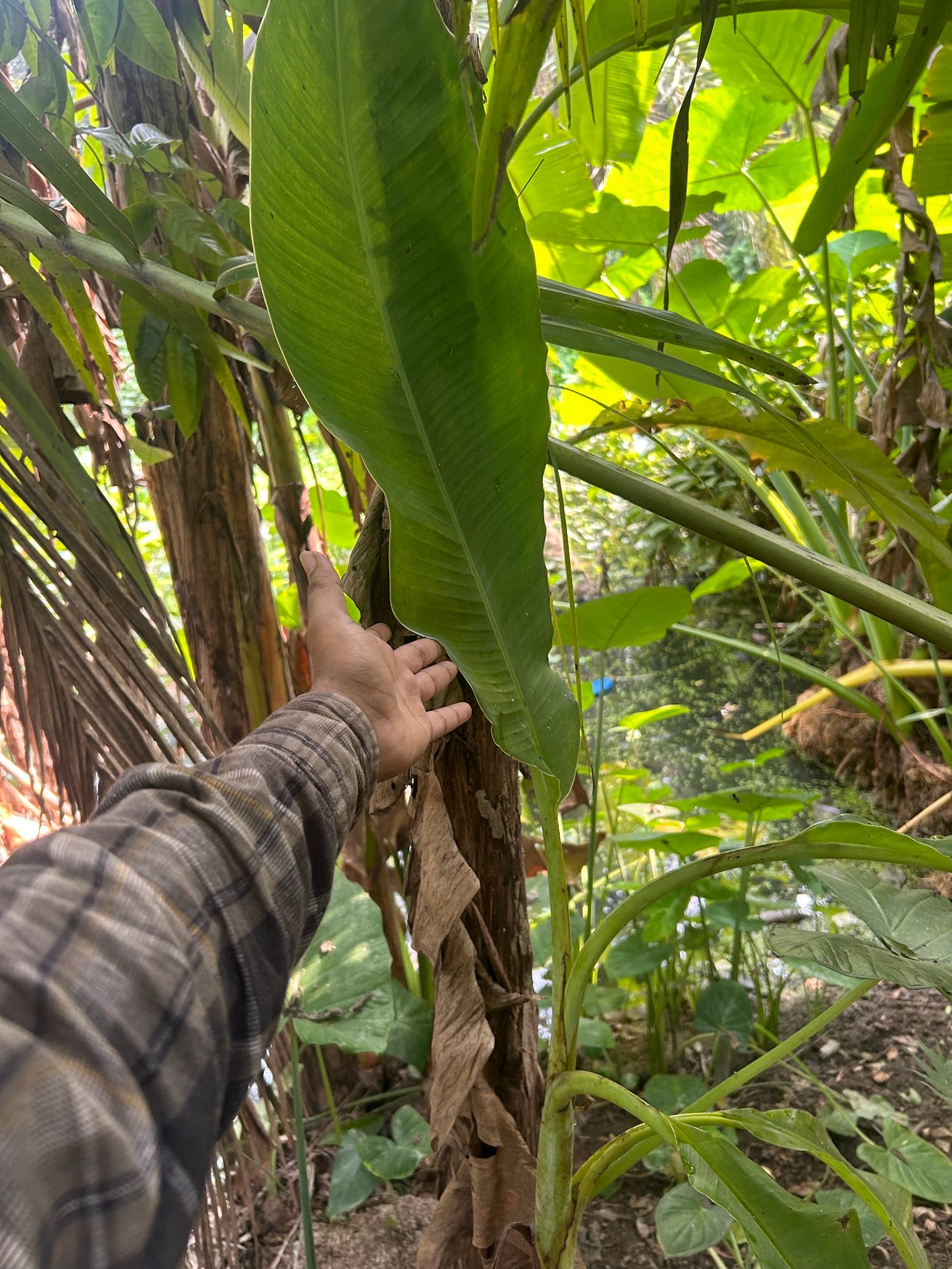
You can easily dig it out from the ground and plant it somewhere else you want. If you leave it untouched, it will become a mature banana tree.
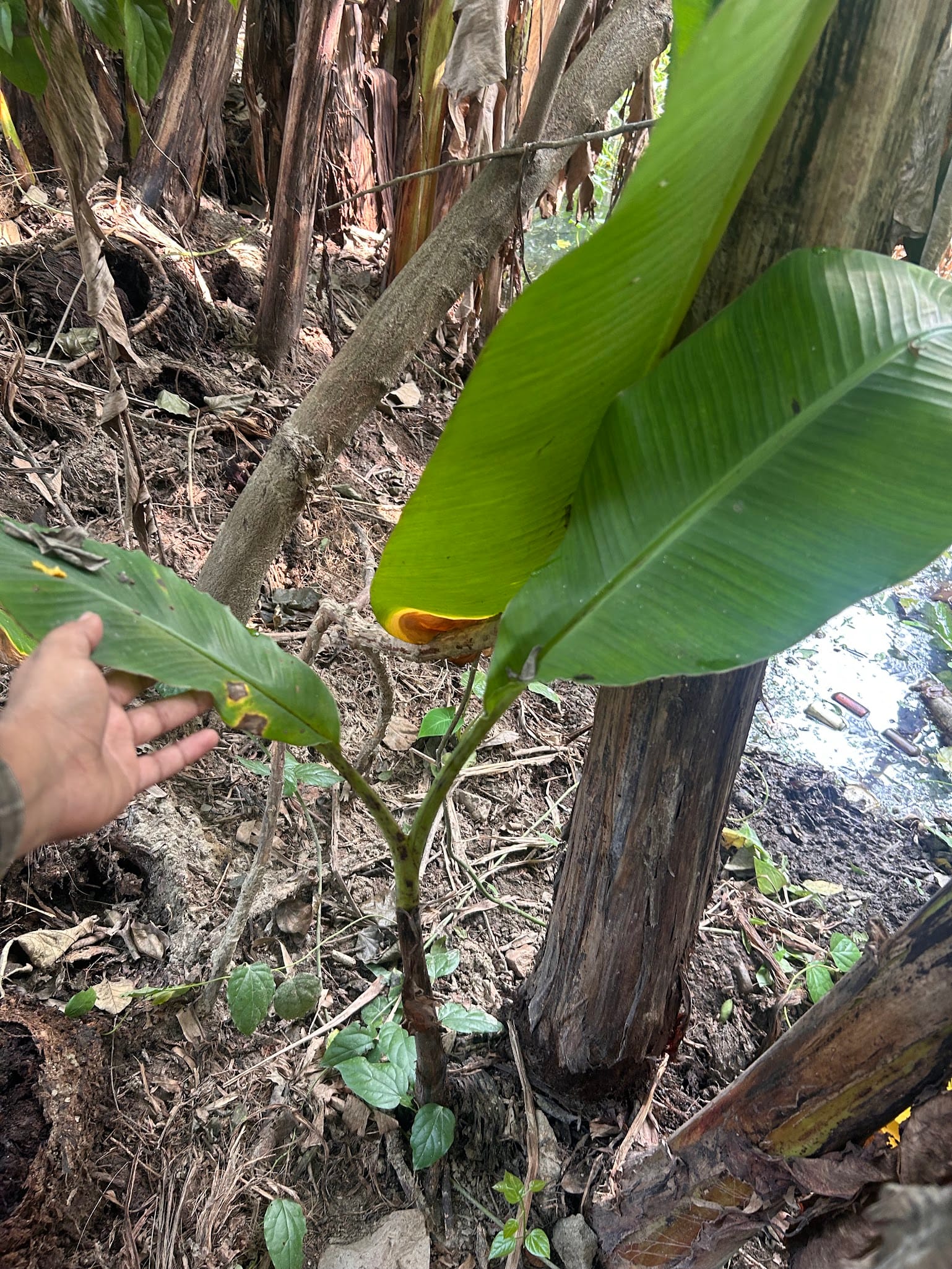
The above banana pup is in a shady area. Due to the lack of sunlight leaves may turn whitish or brown spots like that.
Ready the planting site
6-8 hours of direct sunlight is required. Choose a planting location that receives a good amount of direct sunlight.
We don't have to worry much about the soil as Florida's soil is mostly sandy. if your garden soil is not rich enough, add some organic compost.
There is no need to use any chemical fertilizer on a banana plant during the first 3 months of planting.
Tip: If you are planting multiple banana plants, maintain a spacing of 6 - 10 feet in between two adjacent plants.
Place the sucker or rhizome upright in the hole, and cover the roots firmly with soil. If using a rhizome, plant it with any visible sprouts pointing upward.
If possible add some organic mulch around the base. It will help to retain moisture.
Try not to plant in wet and low-lying areas. If you do so, banana trees can have root rot during rainy times.
Banana trees need frequent watering. But do not let the water sit in the soil for the long time.
I have already been told that bananas do not need any fertilizer. But if you are growing it for your business you can consider potassium-rich fertilizer.
Best is to go with 8-10-8 or 10-10-10 fertilizer.
How long does it take to grow a banana tree in Florida?
I have already mentioned the harvesting time for each banana variety. Once a banana tree is harvested it will die leaving new banana trees behind.
The Blue Java variant can take 2 years to get harvested and other general varieties will take 1 to 1.5 years to grow.
Tip: Make sure you cut the tip of the fruiting stalk (bud) when you notice the next flowers are not building stable bananas anymore. They will just absorb unnecessary energy from the banana tree and the stable bananas will be thin and unhealthy.
How to take care of your banana tree?
If you are from South or Central Florida, the only issue that people face is root rot or stem rot few cases. Make the soil good for water draining.
If you are from North Florida or any cooler region in Florida, you can wrap the plant with burlap and add an extra layer of mulch. (Do only if there is a chance of frost)
Consider regular frequent watering on hot summer days only.
The people living near coastal areas or hurricane-prone areas need to check my article: Save Plants from Flooded Saltwater
Will your broken banana tree grow?
In heavy storms or hurricanes, a lot of banana trees fall down or break. Within a few weeks, you will see new leaves growing from the broken part and this is unbelievable.
Banana Tree after cold front
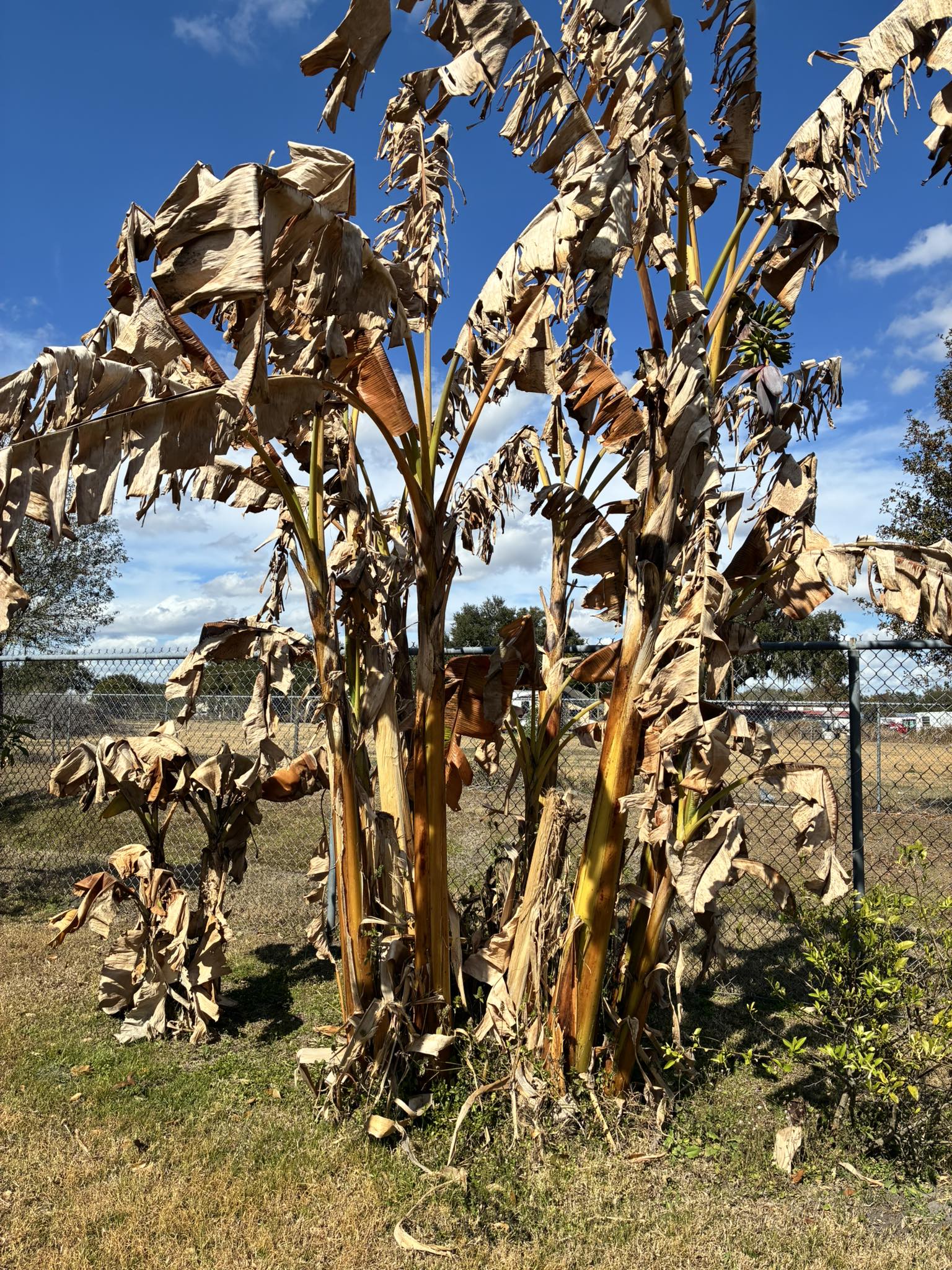
Someone posted this on social media
"She was starting to give bananas
…. and there’s more cold front coming.
Should I trim the dry or not?"
I know this is frustrating when your hard work is destroyed like this.
Just chop the entire trunks, they will grow back! But wait until it won't be frosting anymore.
This is the best I can suggest.
Or you can also just leave it alone. It will grow new leaves, and the other leaves die anyway. Wait till late March to trim the dead leaves.
I have no personal experience on this, but I received a tip from a banana grower from a guy who has been growing bananas continuously since 1987.
After all the cold spells, trim the leaves off and leave the Stalks. The ones that survived will shoot new leaves up through the middle. The ones that don't will fold over; those cut to the ground. You will have new shoots coming from the roots regardless.
How to harvest bananas?
It's best to cut off from the bunch stalk to bring the bananas down.
But you can not do this with large banana stalks. They are heavy and longer. For those large varieties, cut the stems of the plant to bring the bananas down.
For tall banana trees, you have to cut the stems instead of the banana stalk.
How would you know if it's the time to harvest the bananas?
The bananas should look full and plump, not skinny. They’ll take on a rounder, more filled-out shape compared to when they were small and angular. I will not tell you the length of the bananas as it depends upon the variety you are growing.
Take a look at what I am growing right now:
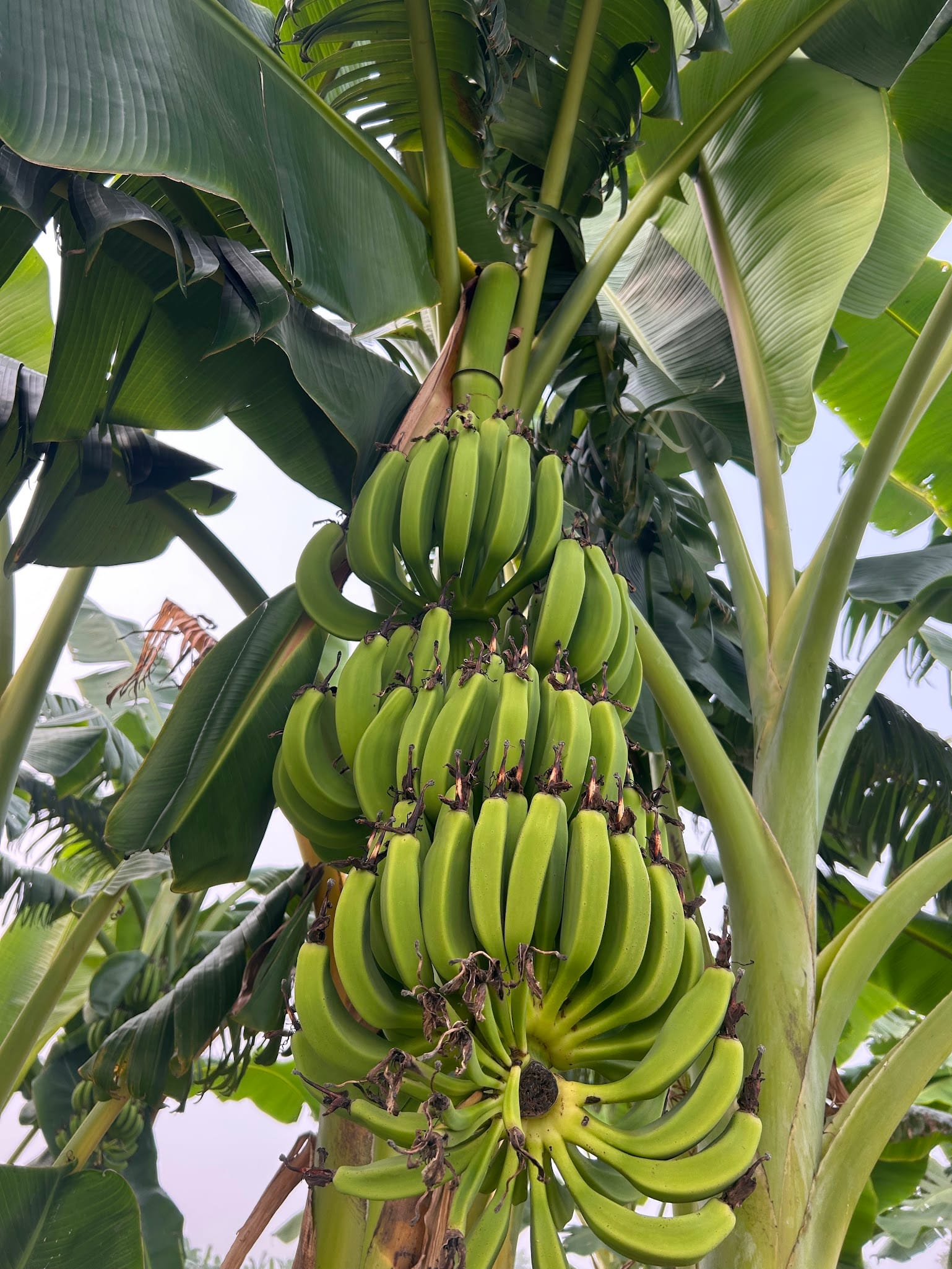
You can see there is a cut at the tip of the stalk. You need to cut the tip of the stalk ( to remove the flowering part or banana heart ).
The bananas in the picture are 6 inches long, but they are not ready to harvest. They will even grow larger and longer.
When you see that new bananas are not growing well or falling off, just cut the tip.
If you don't do that, the banana stalk will look like this:
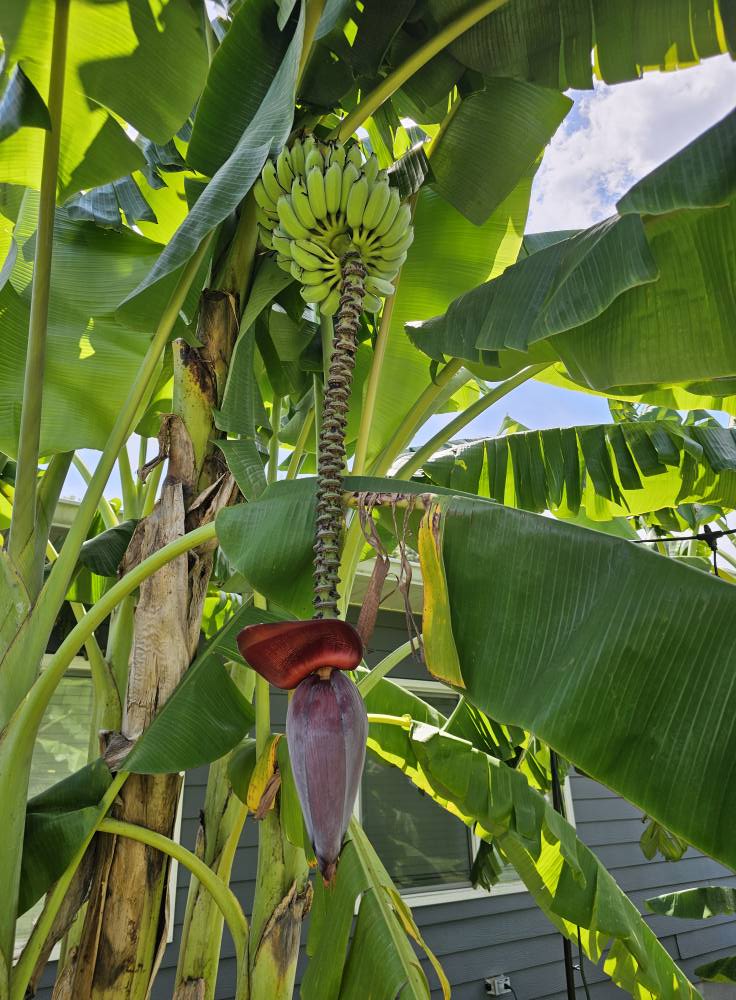
I love harvesting when they are almost ripe.
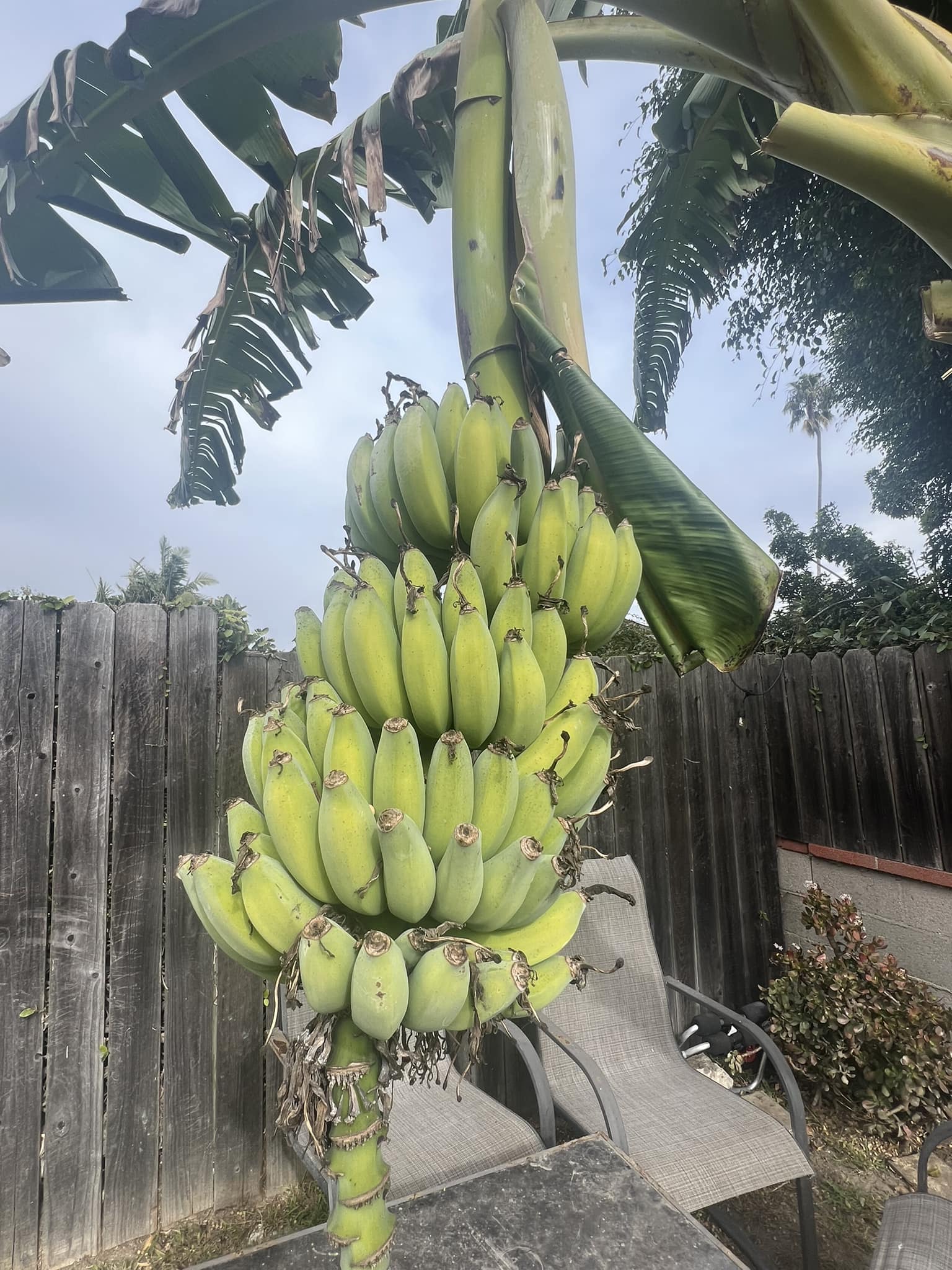
To be on the safe side and also avoid squirrel attacks, harvest them when they are rounded, and look full. You can cover them up with burlap to create heat inside the burlap. They will be ripe in a week.
Request to our readers
I feel it worthy when it comes to sharing what I have learnt in gardening. To be honest its a bit time consuming to write articles like this. Subscribe to my site for free! This is what boosts my energy to write more on Florida gardening.
